From July 23rd to August 1st, a College teacher delegation completed a summer study mission in Japan focusing on Rail Transit Operation and Maintenance, and New Technologies in Rolling Stock. The delegation visited experimental bases for trains, specialized railway schools, locomotive and rolling stock depots, and Shinkansen lines in Tokyo, Nagoya, Kyoto, and Osaka for field studies and learning.
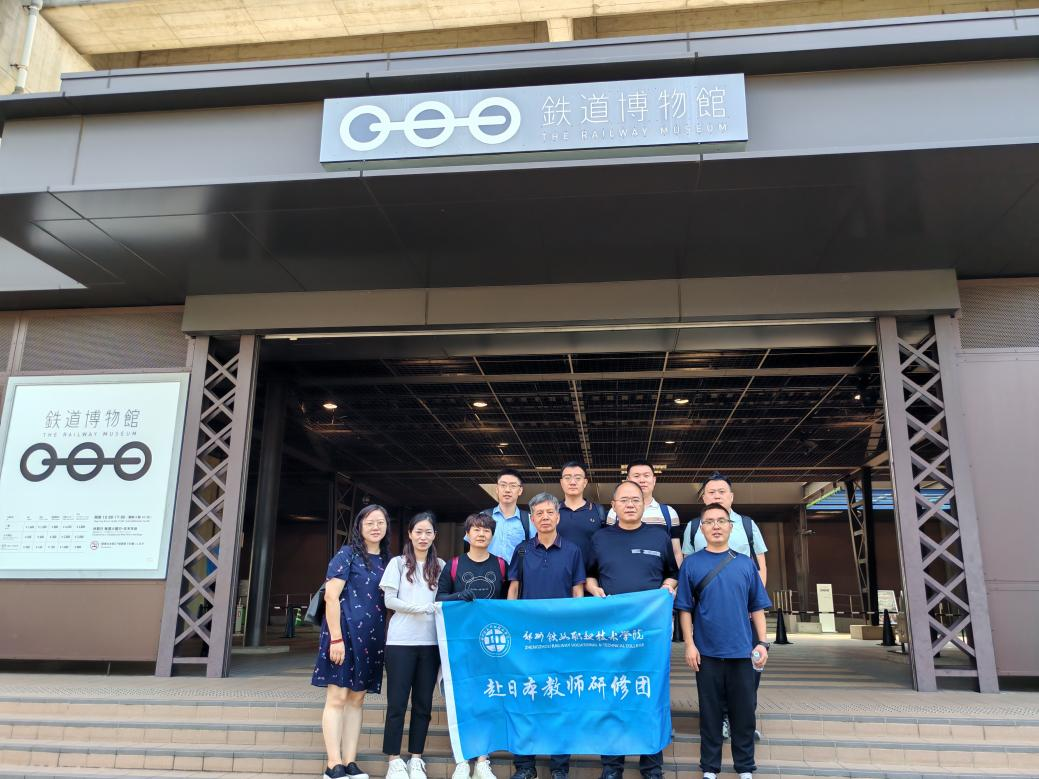
The JR Chuo Line, Japan's first private railway, was launched in 1889, running from Hachioji to Shinjuku. It later became the first electrified railway of the Japanese National Railways and has a history spanning 135 years. The delegation conducted field studies at the Wakayama Tram Vehicle Maintenance Factory, the Japan Railway Museum, and the Underground Museum, gaining insights into the history and current state of Japanese railway technology development.

The Shinkansen is a quintessential representative of Japanese railway technology. All Shinkansen trains in Japan utilize a distributed power system, which prevents snake-like motion at high speeds and reduces the cost of route maintenance. From Kyoto to Osaka, the delegation experienced the Tokaido Shinkansen to conduct field research on the differences between the Shinkansen and China's Fuxing high-speed train sets. Through field studies, the delegation learned that the latest development directions of the Japanese Shinkansen include lightweight equipment, low energy consumption, green and environmentally friendly travel, convenience and humanization of travel, reliability and maintainability of equipment, intelligent disaster warning, and other high-quality services and new technologies.
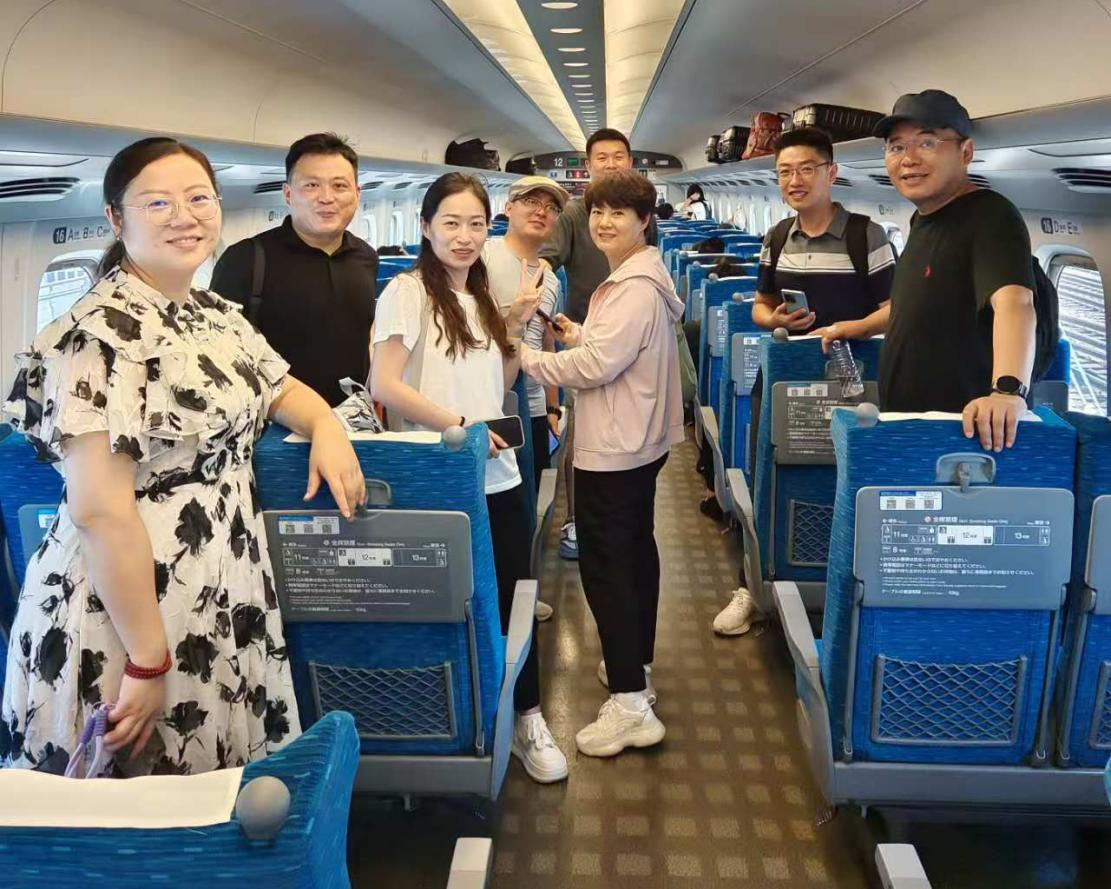
Japanese maglev trains employ superconducting magnetic levitation technology, using superconducting materials to generate magnetic forces for train levitation, primarily developed by East Japan Railway Company (JR East) and Railway Technical Research Institute (JRTRI). The delegation visited the maglev train experimental base in Yamanashi Prefecture, engaged in discussions with scientific researchers, and experienced the high speed of maglev trains firsthand.
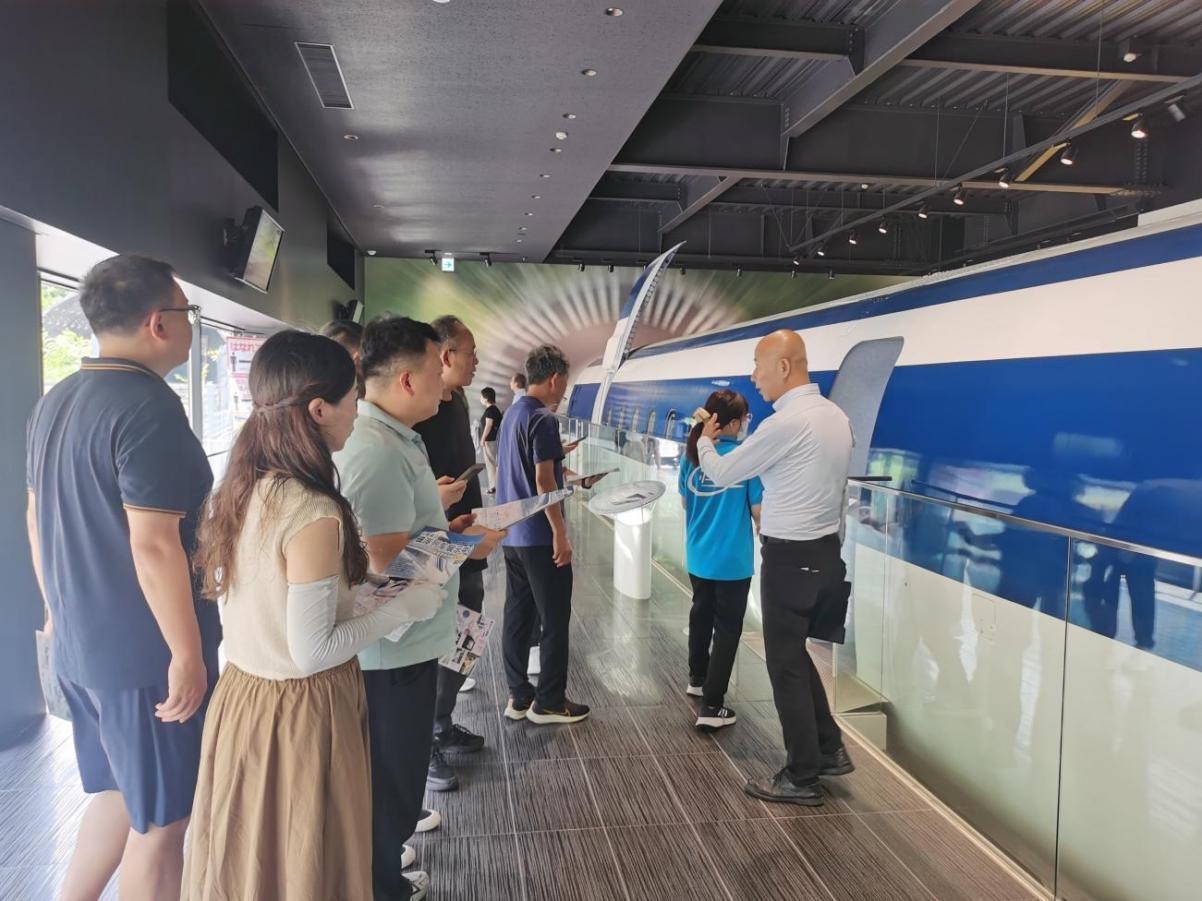
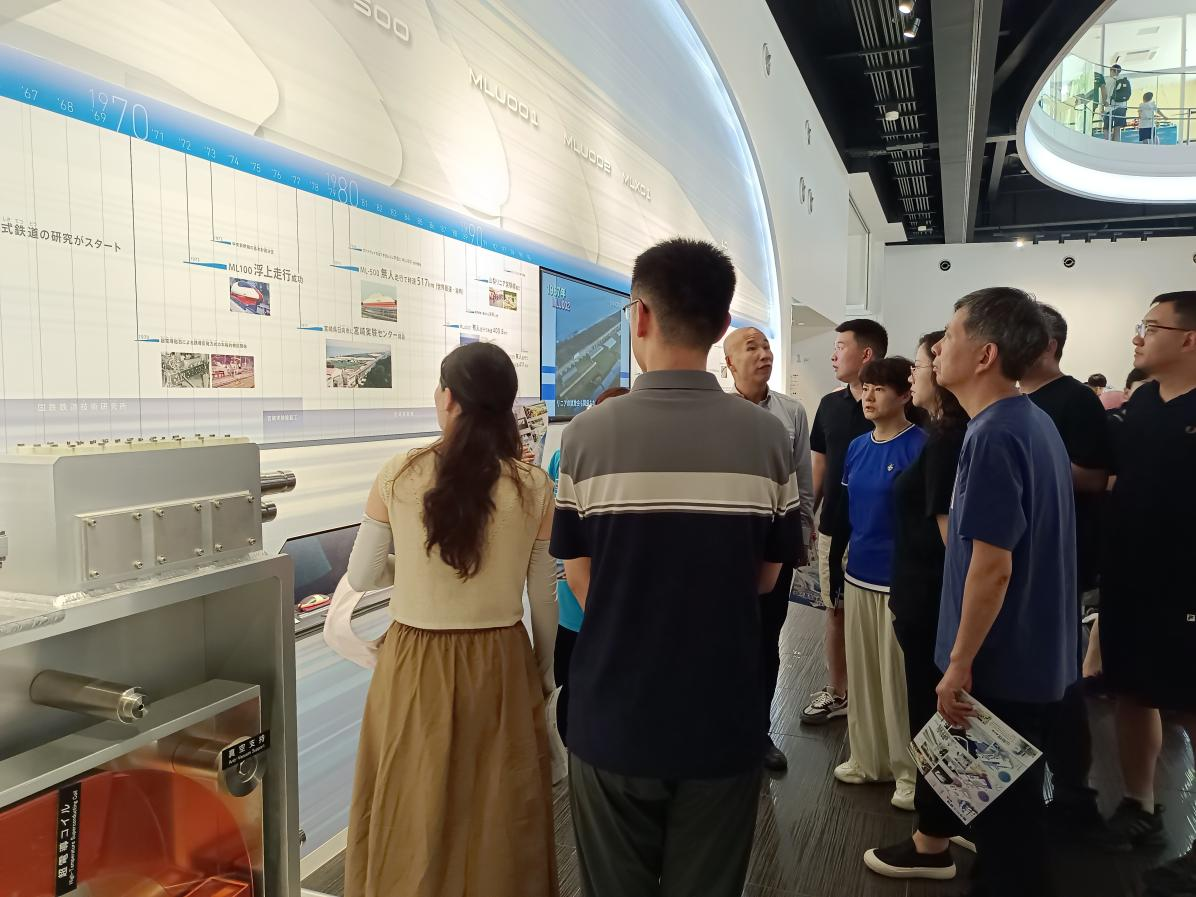
The delegation conducted studies at the Tokyo Railway Specialized School and the Osaka Railway Sightseeing Specialized School. The heads of both schools provided lectures on training methods, curriculum design, employment directions, and the development of graduates to the delegation. Members of the delegation also operated Japanese tram practical teaching equipment on-site. Through these studies, the delegation gained a detailed understanding of the growth and development process of specialized talents in the Japanese railway industry. The strict quality control over the talent cultivation process and the rigorous industry-oriented selection standards left a deep impression on the delegation.
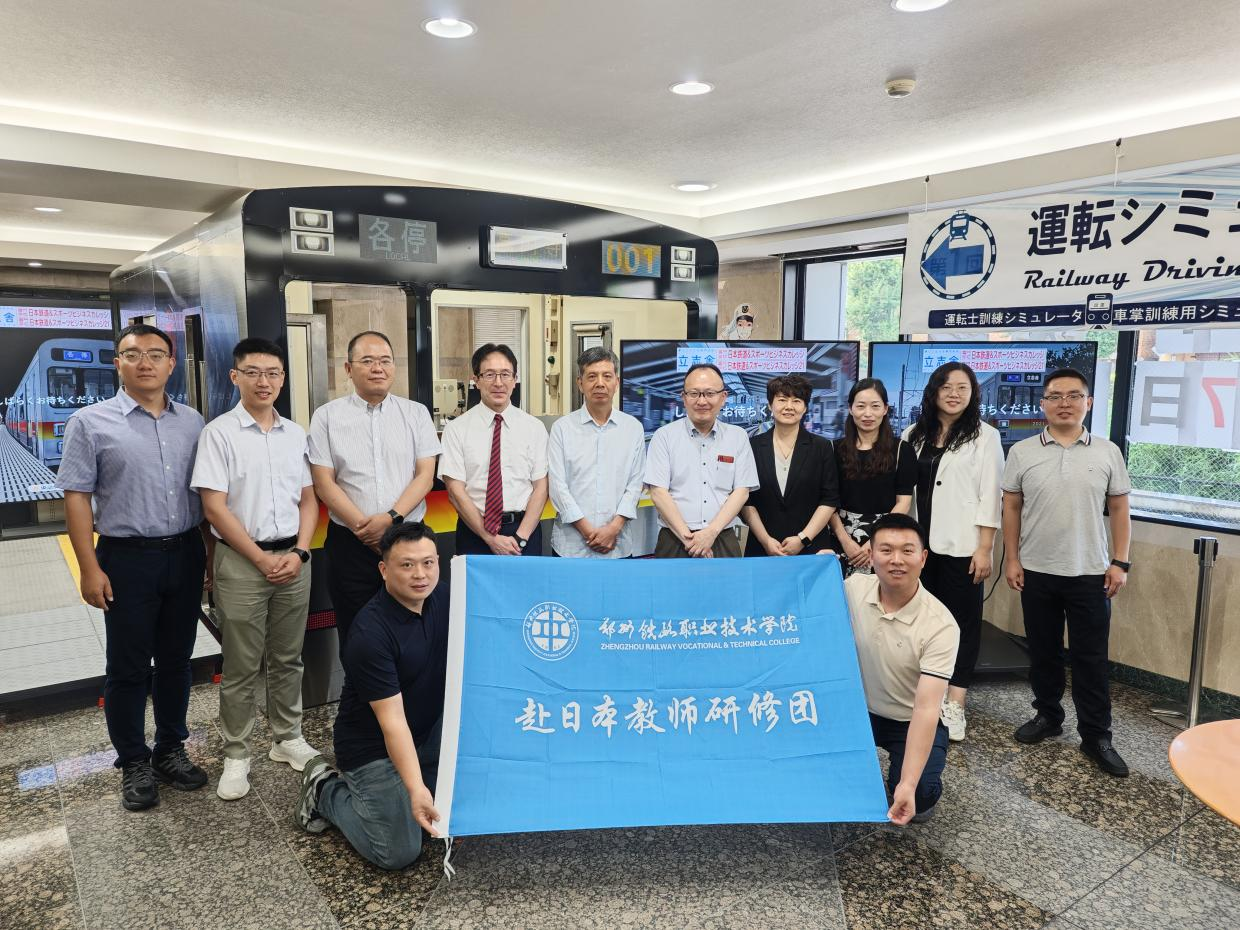
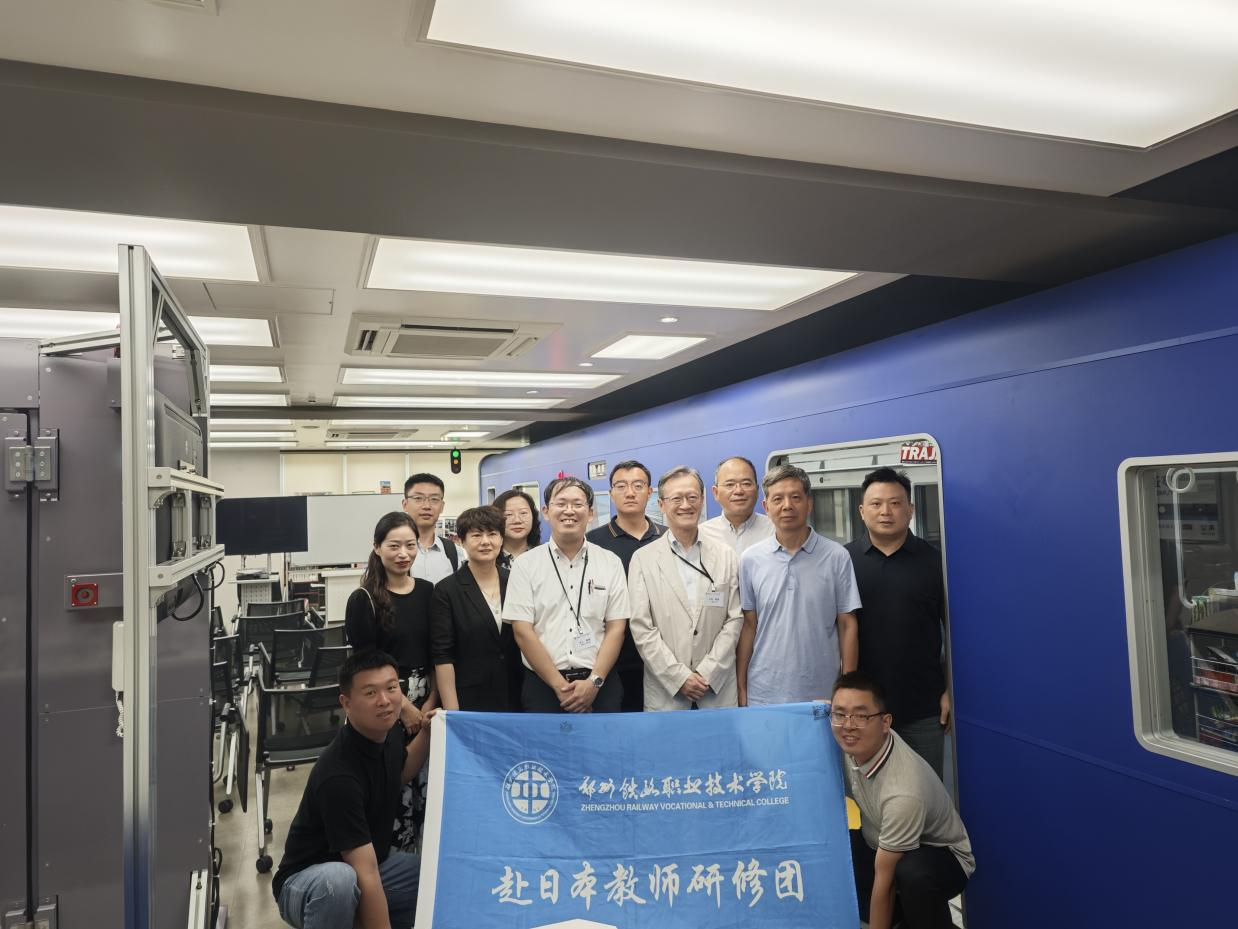
The study mission was compact yet fulfilling. Delegates expressed that the outcomes of the study mission provided valuable insights for the development of railway majors and the cultivation of high-tech skilled talents at the College. The delegation will use this opportunity to learn from and draw on the experience of railway talent cultivation, continuously improve the quality of education and teaching, and make due contributions to the College's Double High Plan upgrade, promotion, and the goal of establishing an undergraduate-level vocational university.

